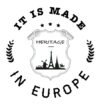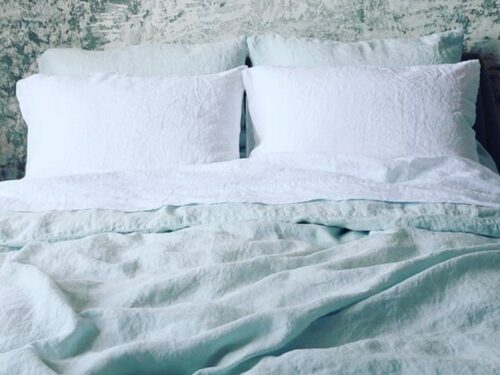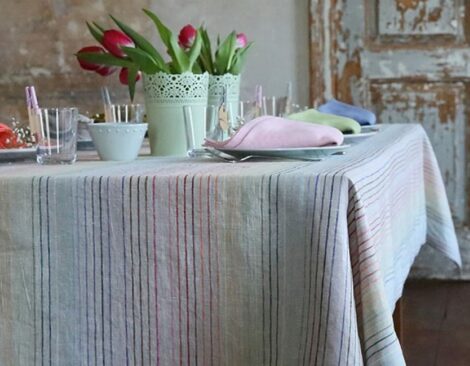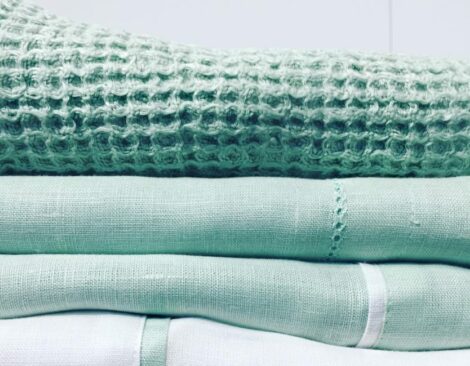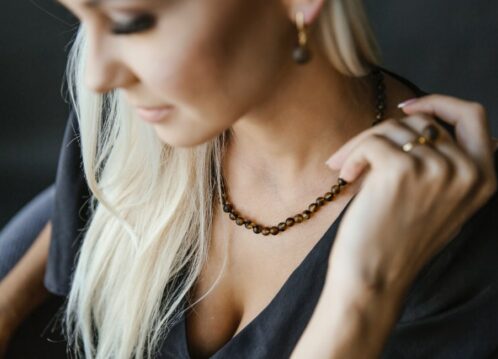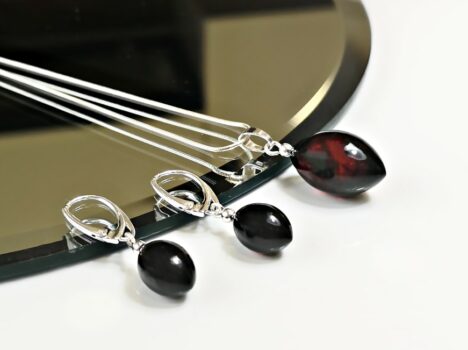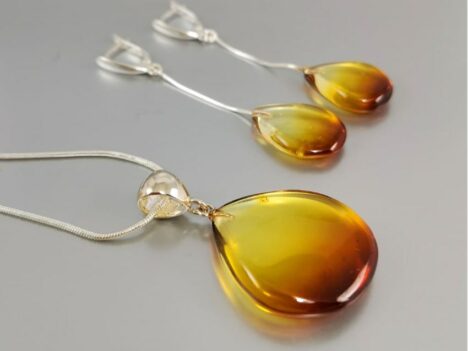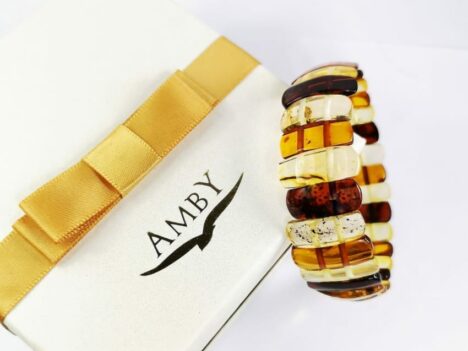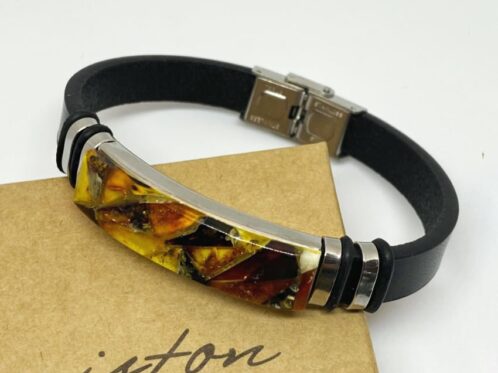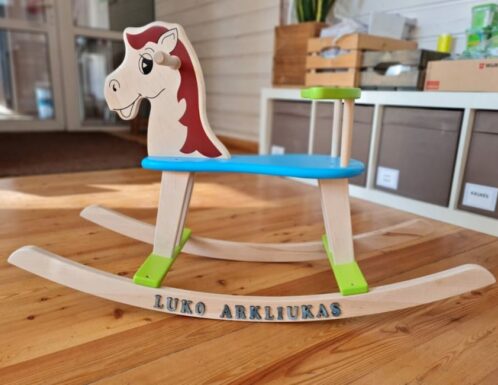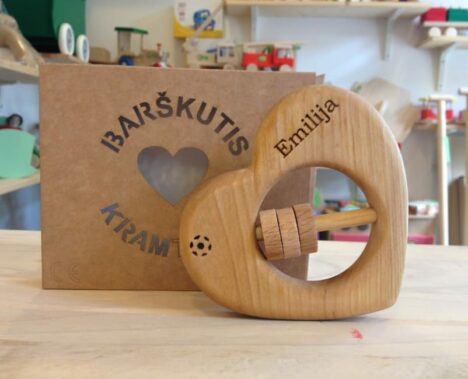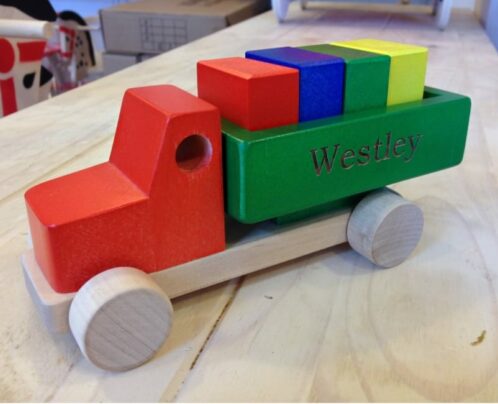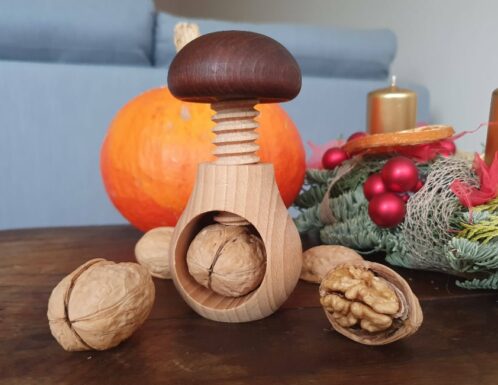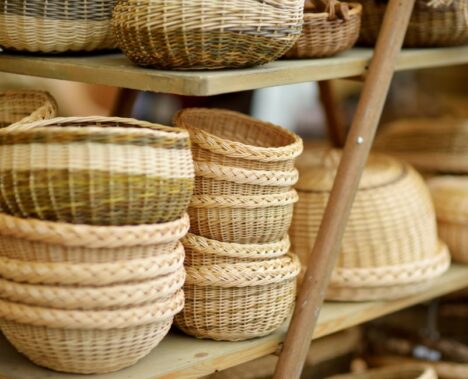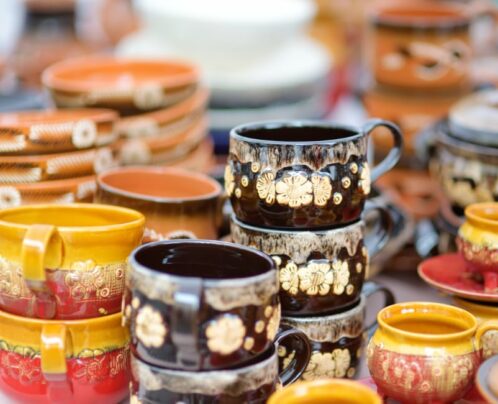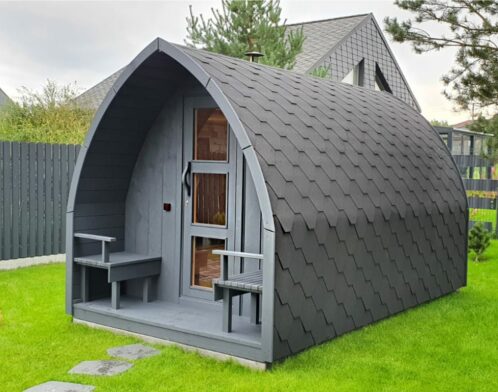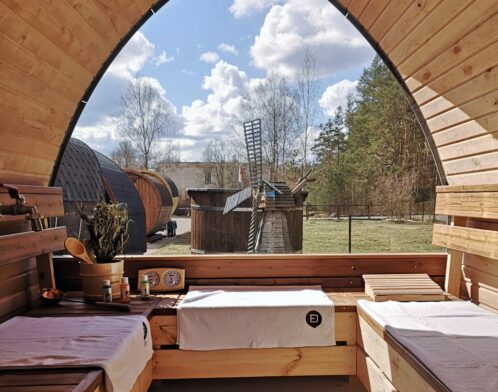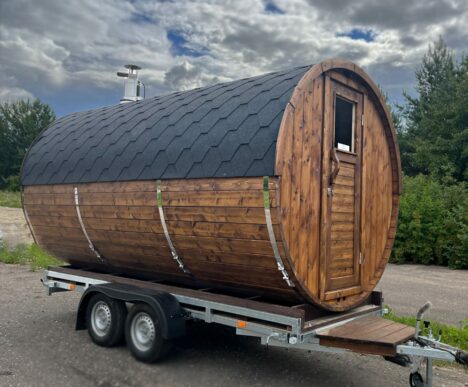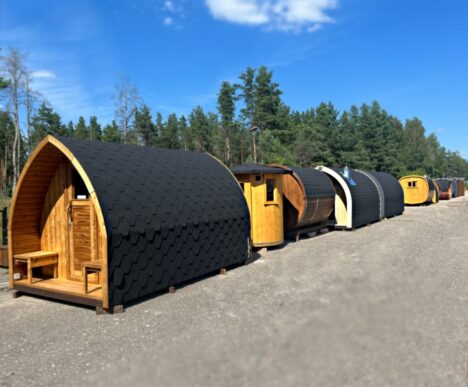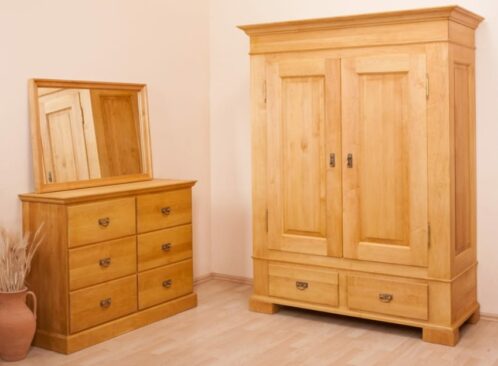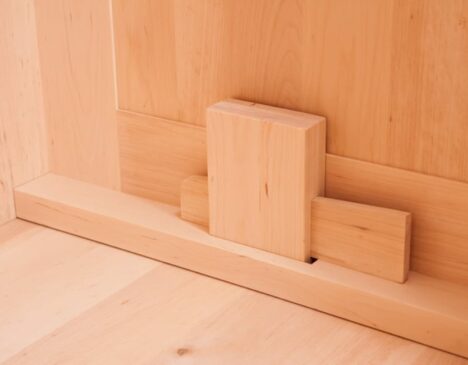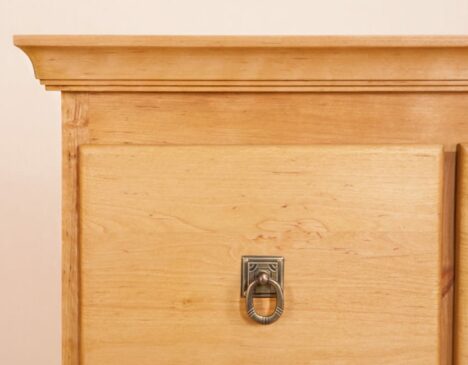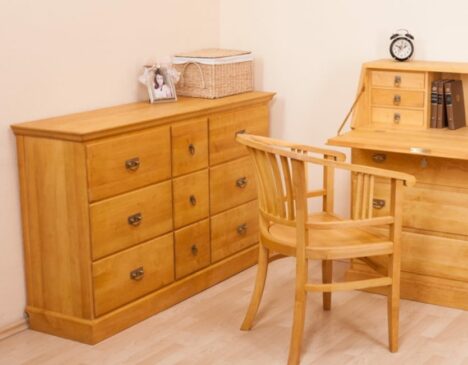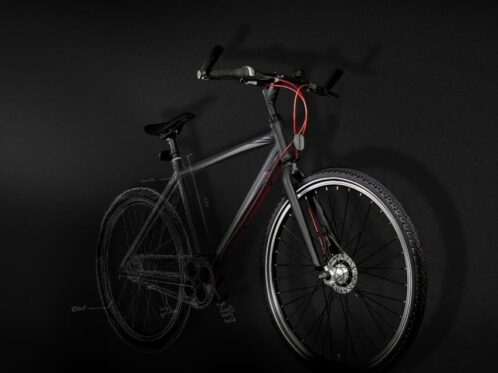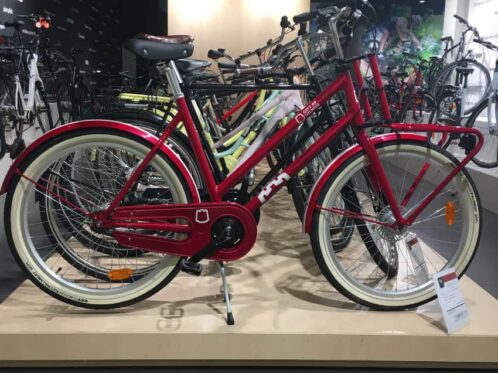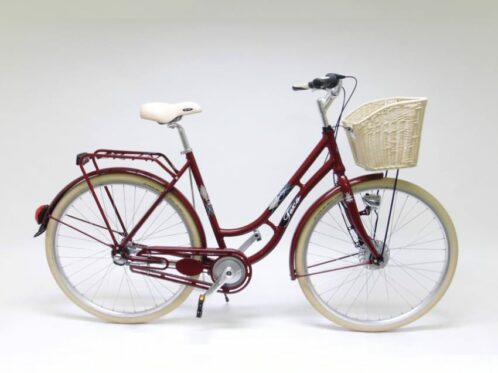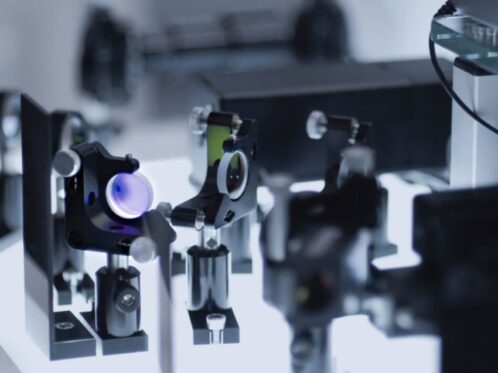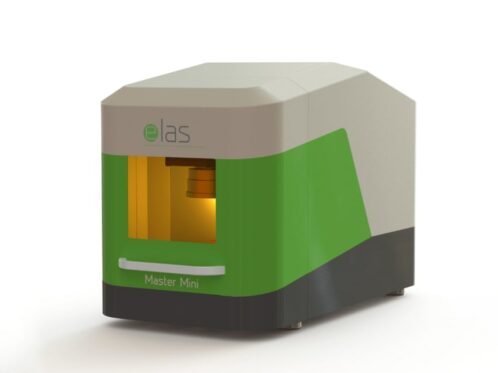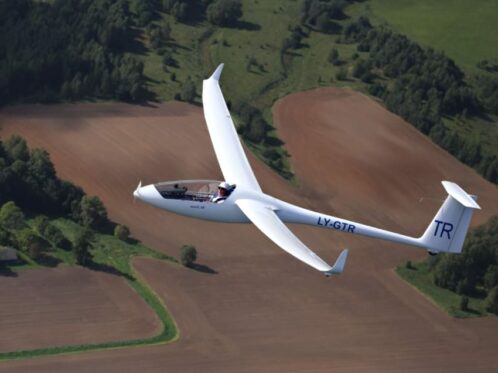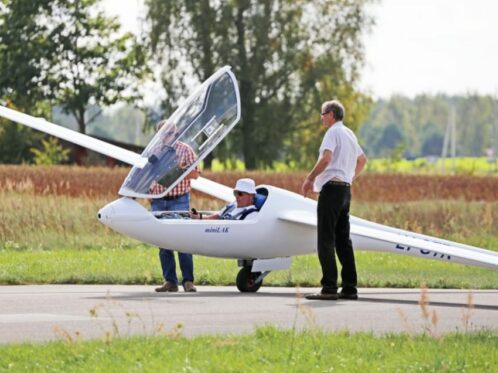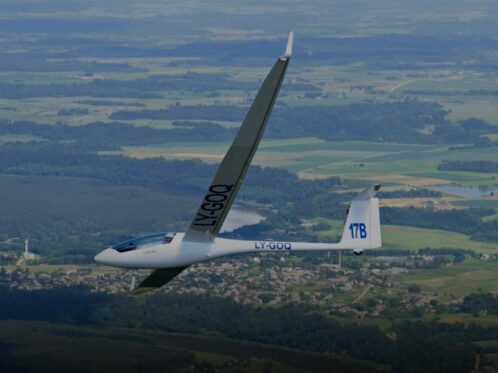What Is Made In Lithuania
A country of wast forests, pristine lakes and amber
Lithuania is a small country of just three million people, in the geographical centre of Europe. It is mostly known for its wast forests, pristine lakes and amber. A large part of the population is still close to nature and healthy living.
For example, foraging wild mushrooms, wild berries or growing own patch of garden in the countryside is a very common way to pass the quality time.
Its climate, history and natural resources have contributed to the set of skills that help make unique Lithuanian products.
Linen Bedding, Clothes And Towels
Before popularity of cotton, linen was the only fabric available in this entire region. With this knowledge preserve until this day, Lithuania is widely recognised for its high-quality linen clothes, bedding, kitchen accessories and even toys for children.
Processed linen plant is probably most commonly known for its natural fibres that retain heat in a colder environment and stay cool in summer. It is also twice as strong as cotton, can absorb up to 20% of its weight in water before feeling damp and has an unusual natural ability to fight the bacteria's growth.
Hence it is an excellent addition to any household, that will have a positive impact on health, especially for babies and people with allergies or sensitive skin conditions.
I like LinenMe (pictured), for their stone washed colours, design and simplicity.
Natural Amber Jewellery
Amber is fossilised tree sap appreciated for its reflection of light when making jewellery and for its healing qualities by folk medicine.
In Lithuania, you would typically find Baltic amber found on the seashore after big storms or dug out in mines, in the Kaliningrad region. Ninety per cent of all natural amber worldwide comes from this region.
Amber is an exciting material to own. It is part of the ancient trees from pre-ice-age that hardened into this stone. It comes in 250 different shades, but yellow, brown and black are the most popular in jewellery.
Since the written records began people have enjoyed amber accessories, but I like to see new contemporary designs coming from skilful artisans.
For example, Amby specialises in women's jewellery while Saniston is quite popular overseas for its leather and amber bracelets.
Natural Wooden Toys
The new generation of parents worldwide seems to be increasingly concerned about potential contamination and toxicity of their children's toys.
Thus small Lithuanian makers, who have access to natural raw materials, have stepped in make a variety of traditional and natural wooden toys. They are very different from what one might usually find in the toy shop and tend to appeal to the families embracing things made from natural and organic.
Wooden toys are also increasing in popularity because of their novelty factor. It is a very different playing experience for a child and their parents. These toys are on the revival across the world, and the wooden toy-making skills have remained only in few European countries.
One of the biggest makers is Medinis Arkliukas (meaning Wooden Horse).
Natural Arts And Crafts
There are a lot of small makers all around Lithuania. It is not unusual to be 'a maker' part time, and get on with your village or even corporate life on a daily basis.
But there is one time a year when all those hidden talents, all those amazing natural products come out - Kaziuko market, in March. It is a huge market in the historical part of capital Vilnius taking once year and is always very very popular with locals.
Here you can discover wood craft like this nut cracker, talk to the pottery maker and try steaming hot local foods like potatoes pancakes. It can be an amazing experience and I definitely feel that I discover some hidden secrets and talents every time I go to this market.
It is impossible to add all the products and pictures to this post, hence watch out for a dedicated blog post about it, once we open up again.
Saunas And Hot Tubs
In Lithuania, people are taking their hot tub and sauna experience to the new level. Like in all Scandinavian countries, the sauna is a frequent wellness treat and a party experience for a group.
Of course, it is much more fun outdoors, somewhere by the lake. And interestingly, the small detail of temperature outside is not that important: such sauna is enjoyed all year round. Hence there are great self-build wooden sauna houses on sale.
Another popular export these days is the hot tub. Anyone can get it delivered to their home (anywhere in Europe) with 'plug and play' instructions.
Uniquely from most of the other hot tubs you have seen before these run on a wood-burner, just stuff the logs in and enjoy the experience. Hence, it requires no electricity supply or plumbing.
There are many sauna and wood hot tub makers in Lithuania, I could suggest Outdoor Saunas, as a shop with modern and traditional sauna design options.
Solid Wood Furniture
Being a country covered by forests, Lithuania has many people with woodworking skills that date back for centuries. Amongst them, a talent for making wood furniture is undoubtedly the most popular these days.
Many small and medium-sized factories either make their own designs or produce for the more famous furniture brands. Even IKEA is tapping into this now by recently opening their largest factory there too.
For example, Sendvario Baldai specialises in manufacturing of solid wood furniture that follows the blueprints from the 18th century. Notice how the joints are connected in traditional way without using screws or nails.
Furthermore, to keep with its natural values it uses natural preservative like beeswax instead of the usual polish. It is better for the environment, workers and your home.
Bicycles
Bicycles are very popular in Europe and even more so now with the Covid impact on our daily lives, days off and commuting.
It is not a very well known fact, but almost half a million bikes are made in Lithuania. But I bet you will not be able to name one Lithuanian bicycle brand.
There is a reason for that. A lot of bike brands work with different partners to produce their latest designs, concepts and innovations. Many of them don't own any production facilities what so ever.
That's where manufacturers like 'Baltik Vairas' come in. There are no bikes (any more) with the company's name, but they continue making a huge volume of bikes for European cyclists.
Baltik Vairas has been making bikes since 1993 and has high tech manufacturing facilities, producing variety of bikes, including the latest electric ranges.
High-Tech Lasers And Their Components
Lithuania, thanks to its investment in education and high-tech start-up support has a thriving science community. It is also, for example, one of the leading fin-tech capitals of Europe. Hence it is not surprising that this country is also making things driven by science and contemporary technology.
Laser machines are critical to European manufacturing at the moment. CNC (computer numerical control) machines are automated workstations milling, 3d printing and laser shaping many things made today. Including, for example, bicycle components.
Lithuania is one of the makers of such laser machines - for example, Mini MASTER by e-Lasers (pictured). Or the laser machine components made by Altecha, used globally. And not to forget - the laser show equipment made by Optika.
There are many more of course, and this industry keeps developing at a fast pace.
Gliders
Gliders are great option for people who want to fly on leisure. They are much cheaper than the leisure planes and require less training, and less fuel costs to enjoy such a hobby.
There is one glider manufacturer that has been making them since 1969. 'Sportinė Aviacija ir Ko' (meaning 'sports aviation') is a team of like minded and passionate pilots and engineers. It has always remained relatively small company but they have managed to design two impressive gliders.
Mini LAK is a 13.5 meter m class sailplane made from hybrid composite materials such as kevlar, carbon and glass fibre. It comes with very efficient self propelling mechanisms, so you don't need to rely on others.
LAK17B is a larger glider that come with improved wing geometry and an electric , 30 horsepower engine.
Feeling inspired? Looking for more stories about original things made in Europe? Discover other European countries too.
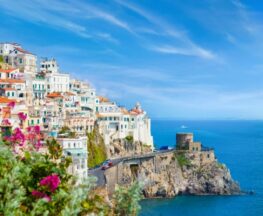
Italy is a fantastic country to enjoy on holidays, but it is also famous for things it makes.
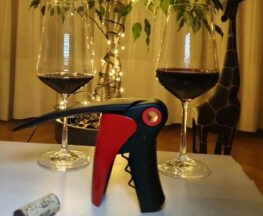
Wine openers can be unique and exciting. Discover new ways to open your next bottle of wine.
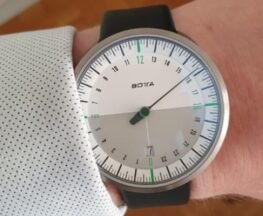
It is not just about the German innovation or engineering, but measuring time in a different way.

We spent years searching the web, artisan shops and visiting variety of makers in Europe. You welcome.

